Best Insulation for Flat Roofs
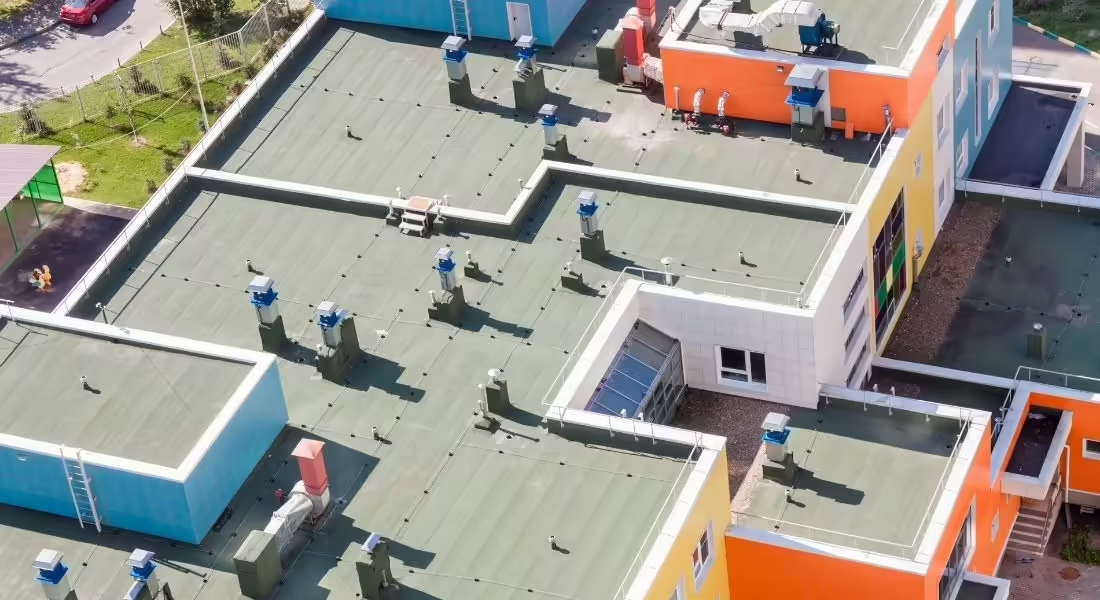
Flat roofs are an economical and popular choice for commercial buildings. The lack of a slope maximizes the amount of space you can use, making them a convenient option for stores, offices, apartment complexes, and more. However, this lack of a slope makes flat roofs difficult to insulate. With no naturally convenient space, contractors and other insulation professionals have to be selective with the materials and methods they use. Property managers must also take care to choose the best insulation solutions for their buildings. Learn more about your options and what will work best for your space with this rundown of the best insulation for flat roofs.
The Importance of High-Quality Flat Roof Insulation
Insulation makes up a major portion of your roofing costs. However, you shouldn’t take this as a reason to skimp on quality and get cheap insulation materials. Poor insulation makes it hard to control the temperature in your building. It also results in energy loss as air passes in and out of your roof. Even if you pay less up front for cheaper roof insulation, you’ll end up paying more in the long run with higher energy bills. High-quality insulation materials are essential, especially when you have a flat roof. Better insulation means a more energy-efficient building, lower energy costs, and more comfortable employees, customers, and tenants.
Methods of Insulation for Flat Roofs
When working with flat roofs, contractors have a few insulation methods available. Before choosing a method, insulation professionals must consider the height of the ceiling and the size of the rafters. They must also figure out whether the roof is ventilated. This information helps professionals choose between the following insulation methods.
Insulating Between Ceiling Rafters
When you insulate between ceiling rafters, you have a limited amount of space. Not all insulation materials can adequately fill this space. Closed-cell spray foam works well in this scenario. The denser material doesn’t expand as much as open-cell spray foam, which means it fits into tighter spaces between rafters. You should also keep moisture in mind when using this insulation method. If you leave gaps in your insulation, moisture can get in and linger, causing damage to the insulation and the building itself. When using this method on non-ventilated roofs, insulation professionals must fill the entire cavity to prevent moisture issues. For a ventilated roof, the insulation should sit below the ventilation space so that air can flow properly through the area, eliminating risks of moisture damage.
Insulating the Exterior of the Roof
This is one of the most popular insulation methods for flat roofs. By insulating the exterior of the roof, professionals give themselves more space and flexibility to work. Contractors can use both spray foam and foam boards for this method. When using foam boards, contractors must ensure the materials are waterproof or have a waterproof membrane on top of them to prevent damage from the elements. Spray foam is a more convenient material for exterior roof insulation because it acts as a single, consistent layer across the entire building.
Material Selection: the Best Insulation for Flat Roofs
The type of insulation material you use plays a huge role in the effectiveness of your building. When choosing a material, pay attention to more than just the cost. Durable materials are important for long-lasting insulation that continues to serve your building for years to come. The most significant factor is R-value. The higher the R-value, the more effective the insulation is. Keep all of these things in mind as you review your insulation material choices.
Polyiso Insulation
Polyiso—or polyisocyanurate—is a popular insulation choice among commercial property owners. These insulation boards consist of closed-cell foam bound to facers such as glass or foil. Polyiso has incredible long-term thermal efficiency and a high R-value. This means polyiso offers great insulation for a long time, making it a worthwhile investment for your building. Polyiso boards come in a variety of thicknesses to suit your needs. You can also choose tapered boards, which will angle rainwater toward a drain on the roof. This is a great way to eliminate standing water. That said, polyiso doesn’t offer the best insulation in colder climates.
Extruded Polystyrene (XPS) Insulation
Extruded polystyrene (XPS) insulation is a form of foam plastic roofing insulation. Manufacturers create it through an extrusion process that produces rigid, closed-cell foam insulation with a polystyrene polymer. XPS insulation is the perfect choice for products that need high thermal resistance or water resistance. The closed-cell structure of XPS insulation makes it resistant to moisture and water damage. This also means that XPS insulation retains its R-value after leaks and other moisture-related issues. If your roof sustains water damage, you won’t have to pay to completely repair your insulation.
Expanded Polystyrene (EPS) Insulation
Expanded polystyrene (EPS) insulation uses the same polystyrene resins that XPS insulation uses, but professionals use a different manufacturing process to produce beads. Professionals then form and cut these beads into their preferred shapes to make insulation boards. This easy cutting and shaping process makes EPS insulation convenient for roofs with irregular shapes and sizes. While EPS insulation has a high R-value and water absorption rate, it doesn’t offer as much thermal efficiency as other insulation solutions.
Polyurethane Spray Foam Insulation
When it comes to high-quality roof insulation, polyurethane spray foam takes the crown. This material offers incredible R-value, long-lasting durability, and a smooth application. Closed-cell spray foam is ideal for roofing projects. This is a denser form of polyurethane foam, so it offers great performance and stability. However, one of the most notable qualities of spray foam is its ability to work on roofs of any shape or size. Because this material sprays on as a liquid and expands into a durable, insulating foam, contractors can cover any corners, details, or imperfections on your roof without fear of leaving flaws or gaps behind.
When it comes to insulation, quality pays off. Don’t waste money on insulation solutions you’ll have to replace in a few years. Instead, choose the professional and effective work of a spray foam contractor. If you need a spray foam roofing system in Crystal Lakeor its surrounding areas, contact Paragon Protection today.
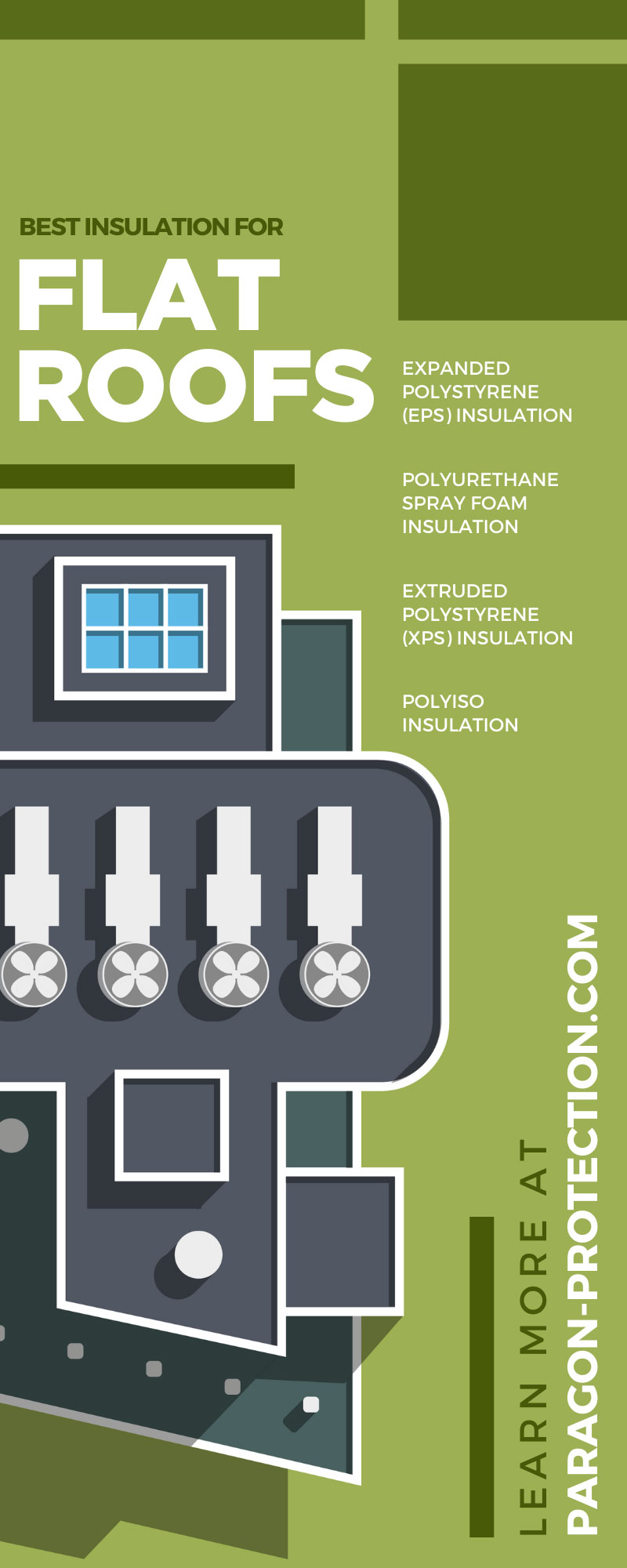

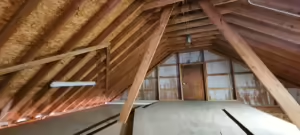
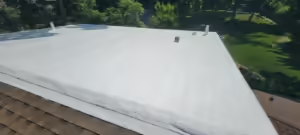
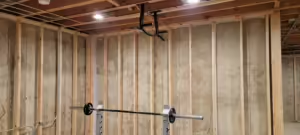
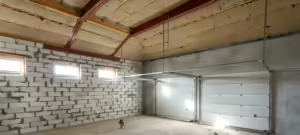
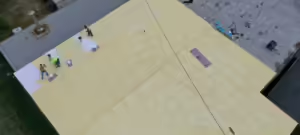
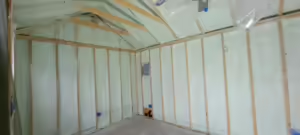
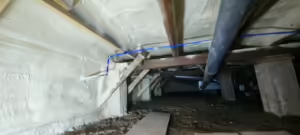
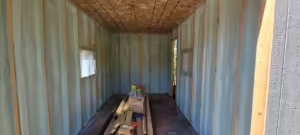
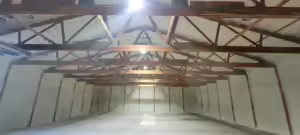
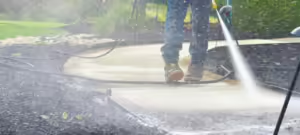
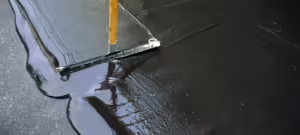
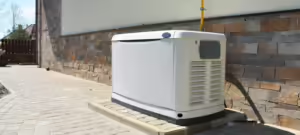
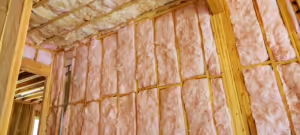
 Professional Insulation Services
Professional Insulation Services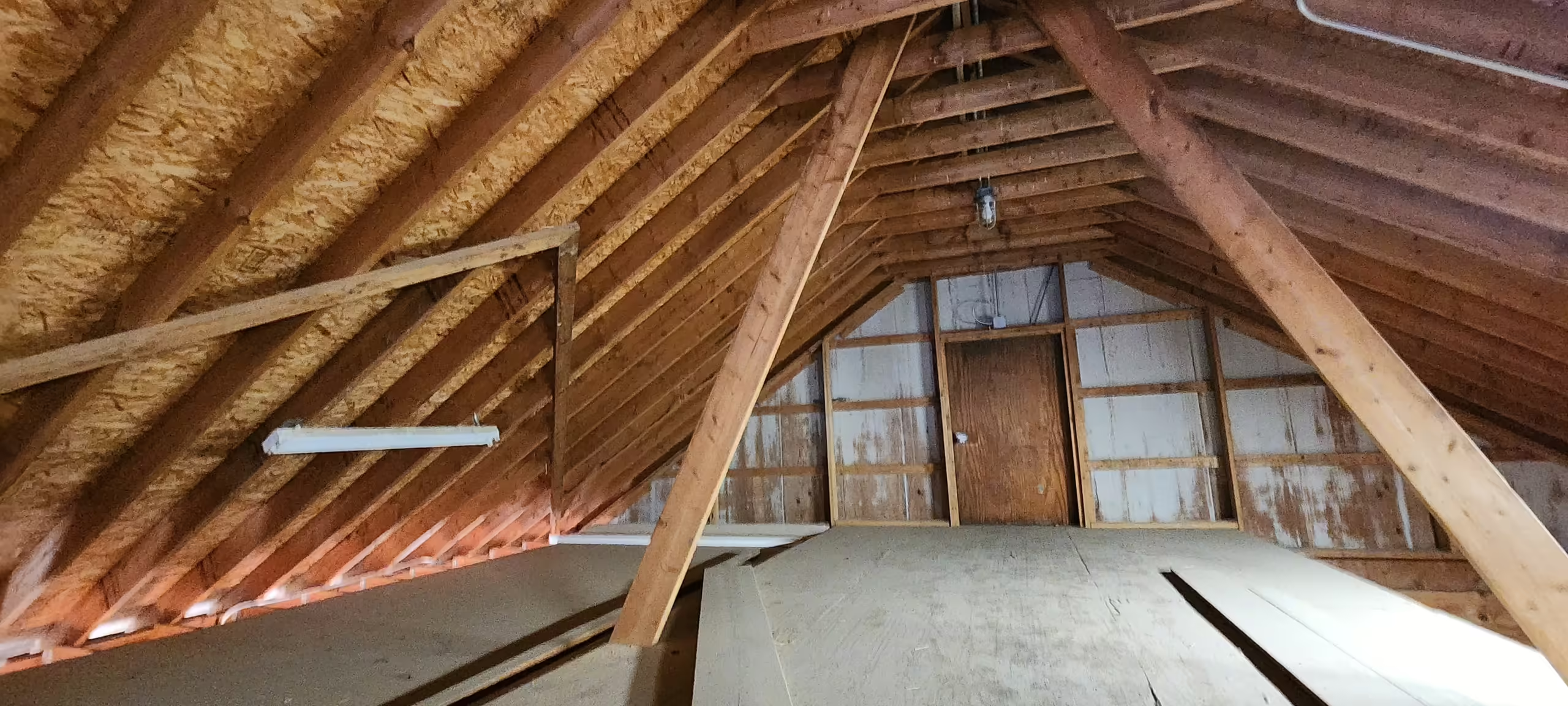 Attic Insulation Services
Attic Insulation Services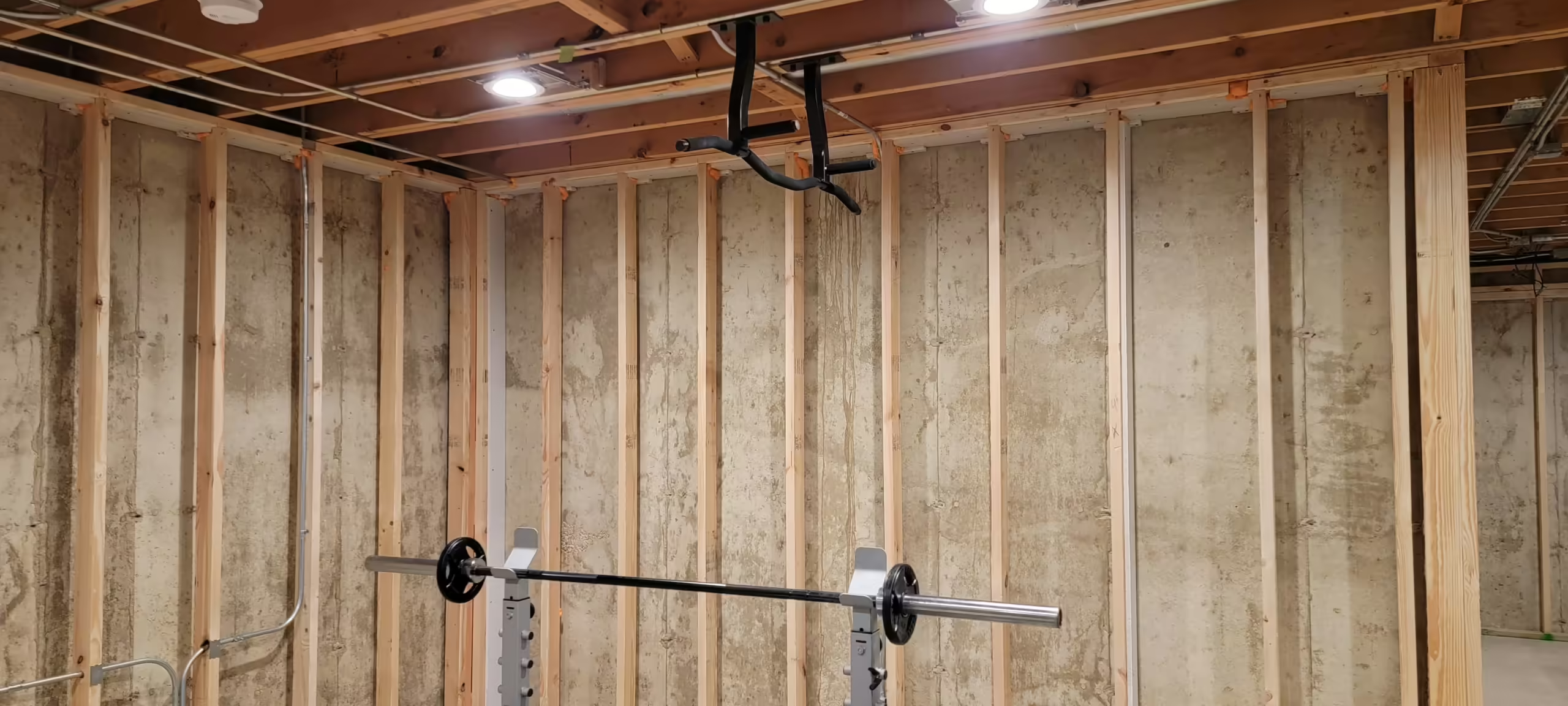 Basement Insulation
Basement Insulation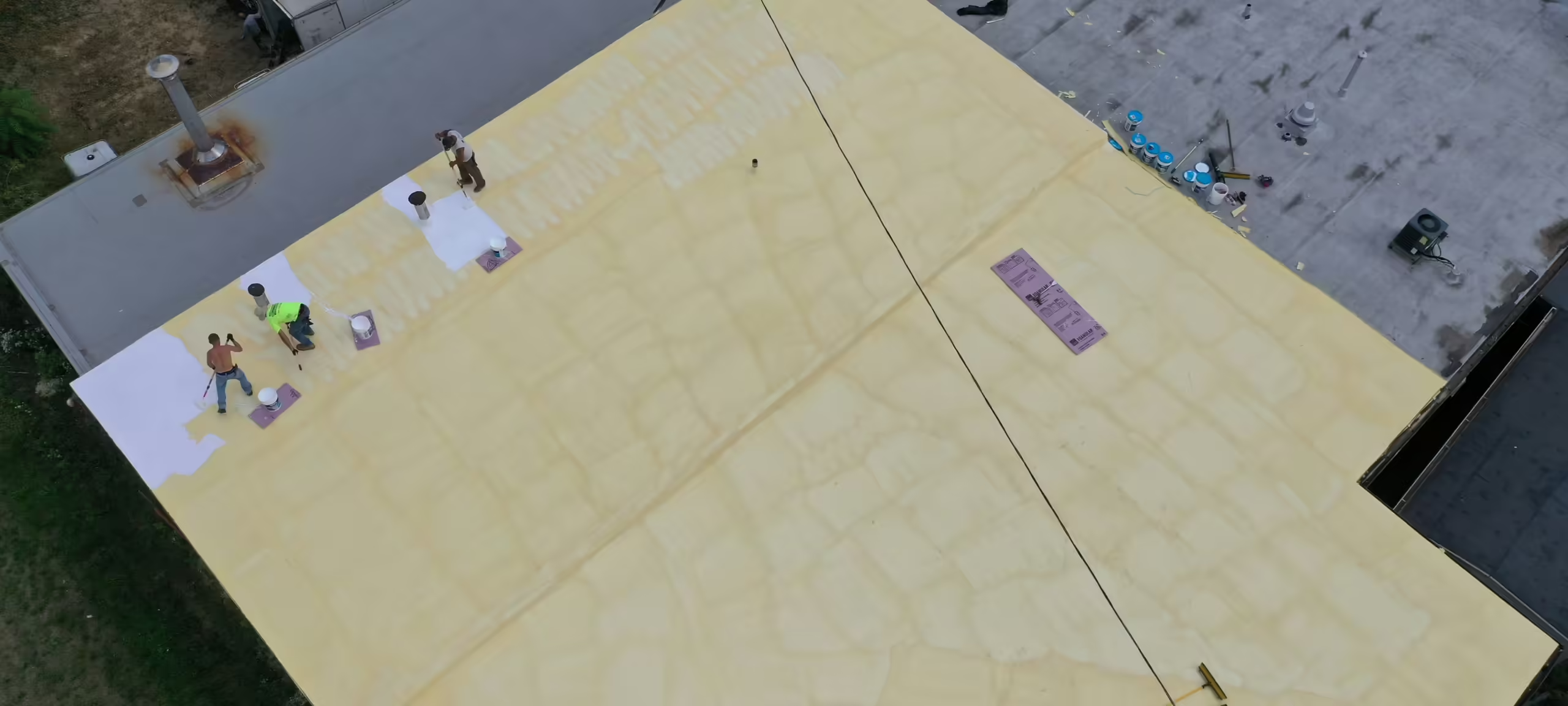 Commercial Insulation
Commercial Insulation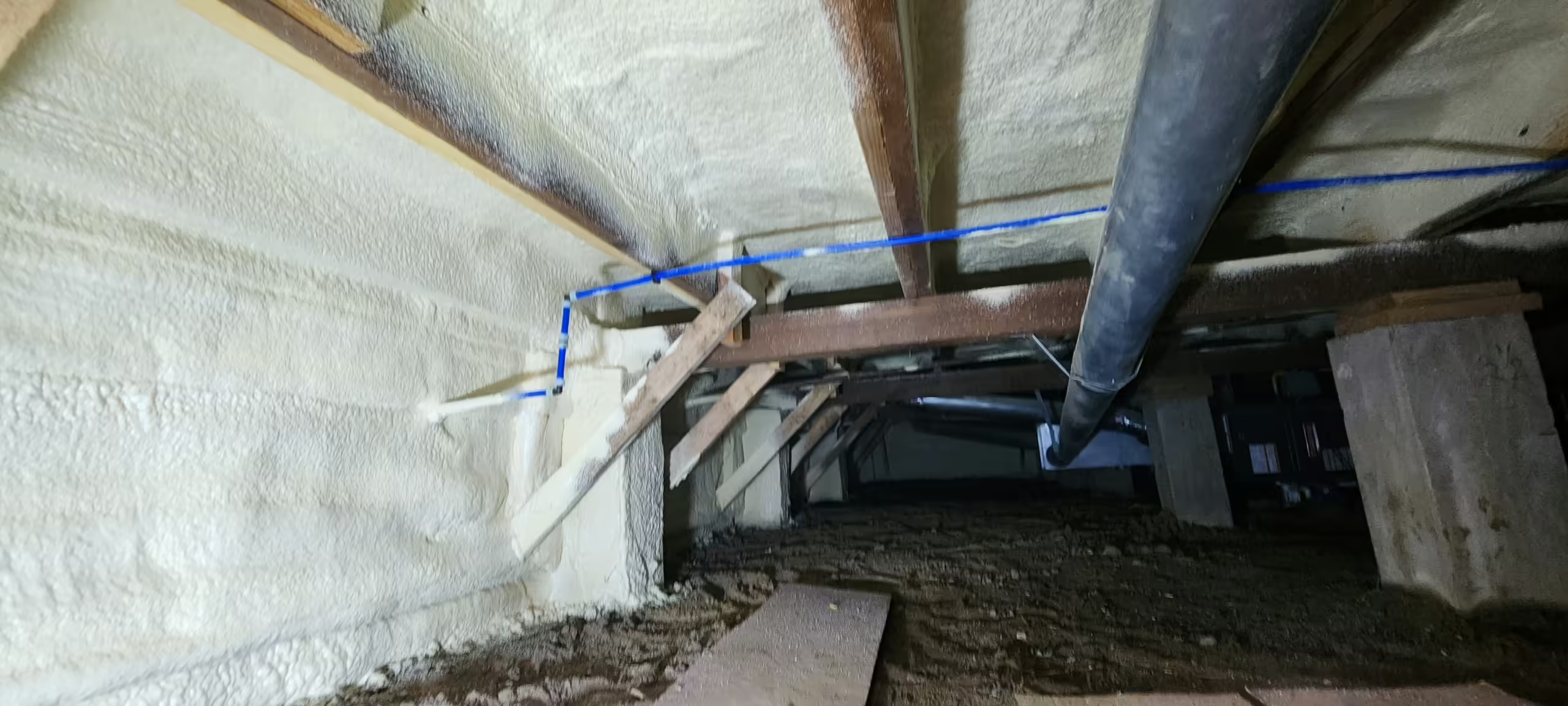 Crawl Space Insulation
Crawl Space Insulation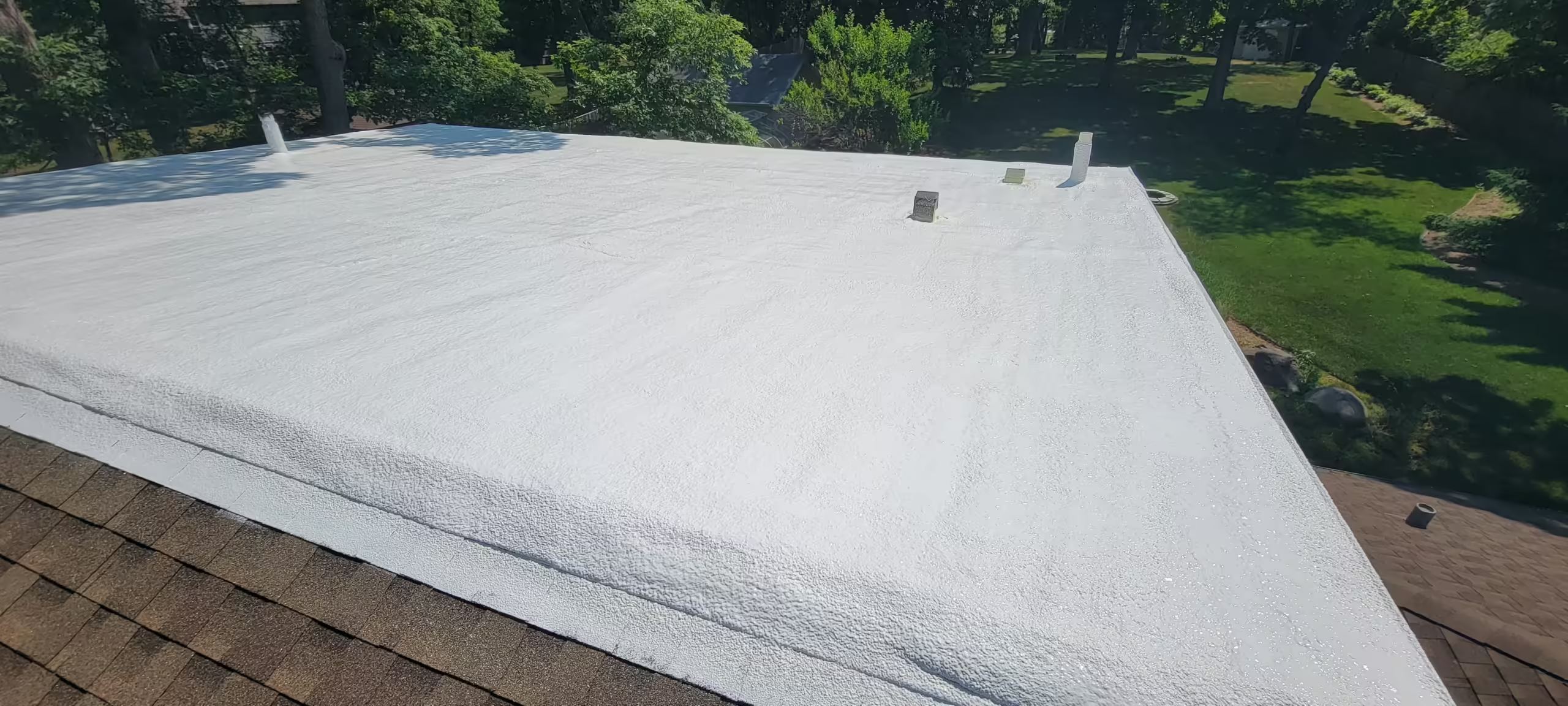 Exterior Wall Insulation
Exterior Wall Insulation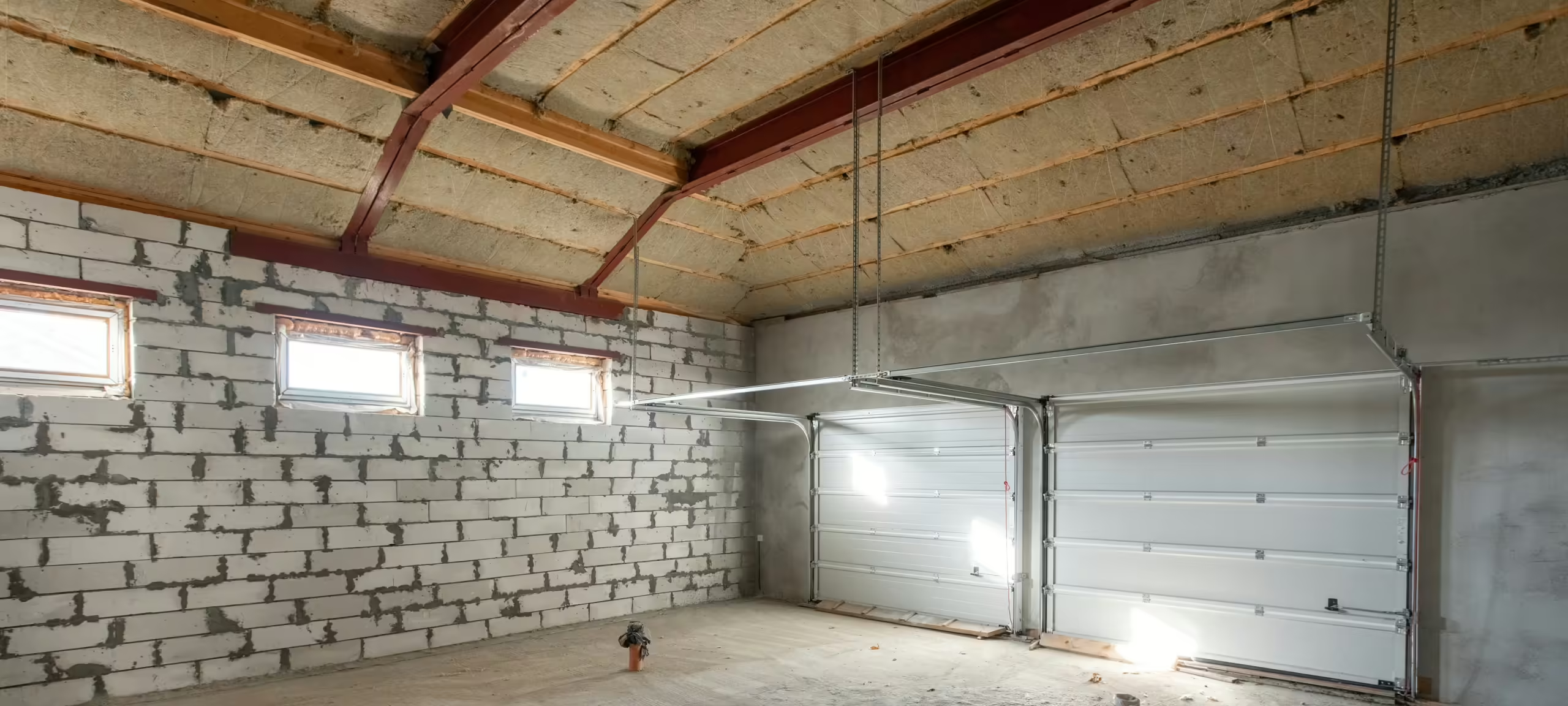 Garage Insulation
Garage Insulation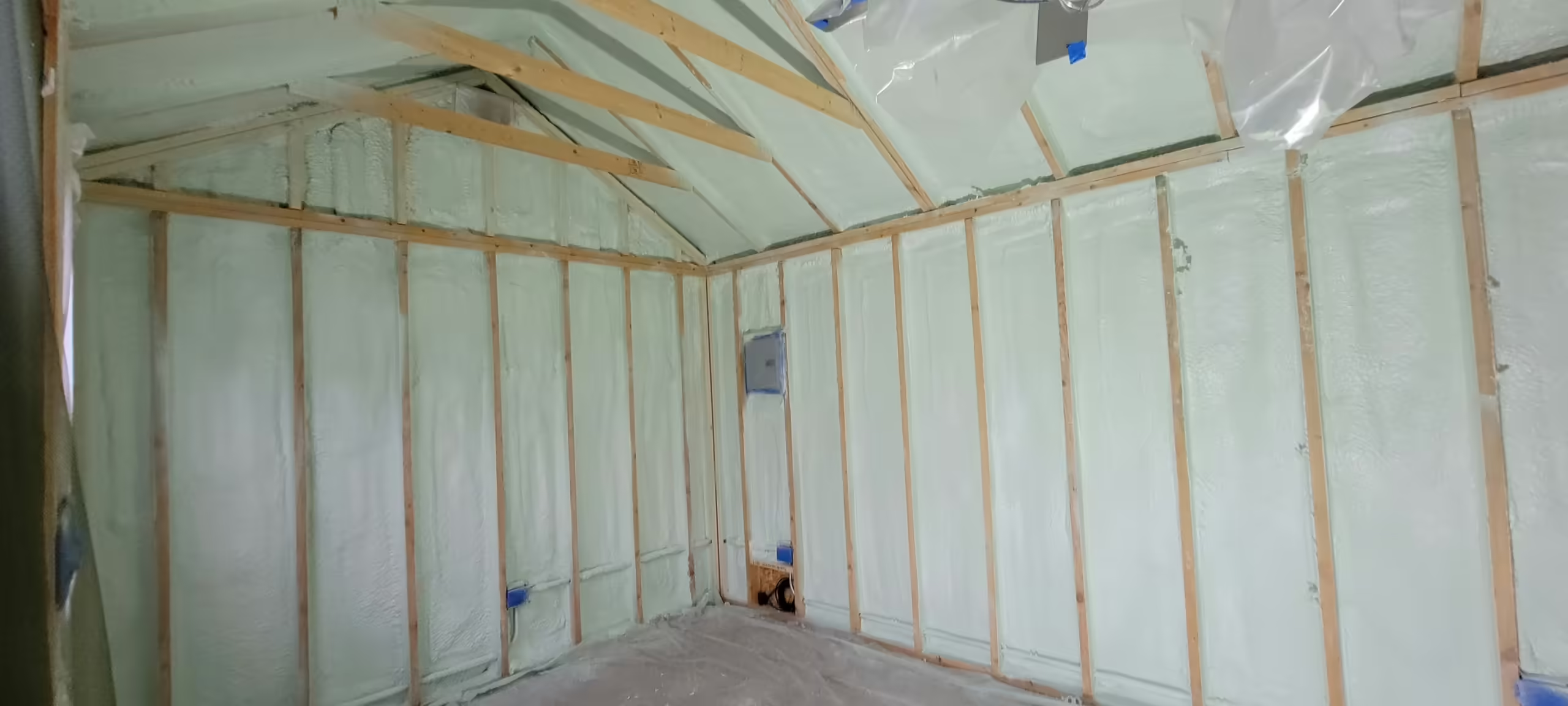 Interior Wall Insulation
Interior Wall Insulation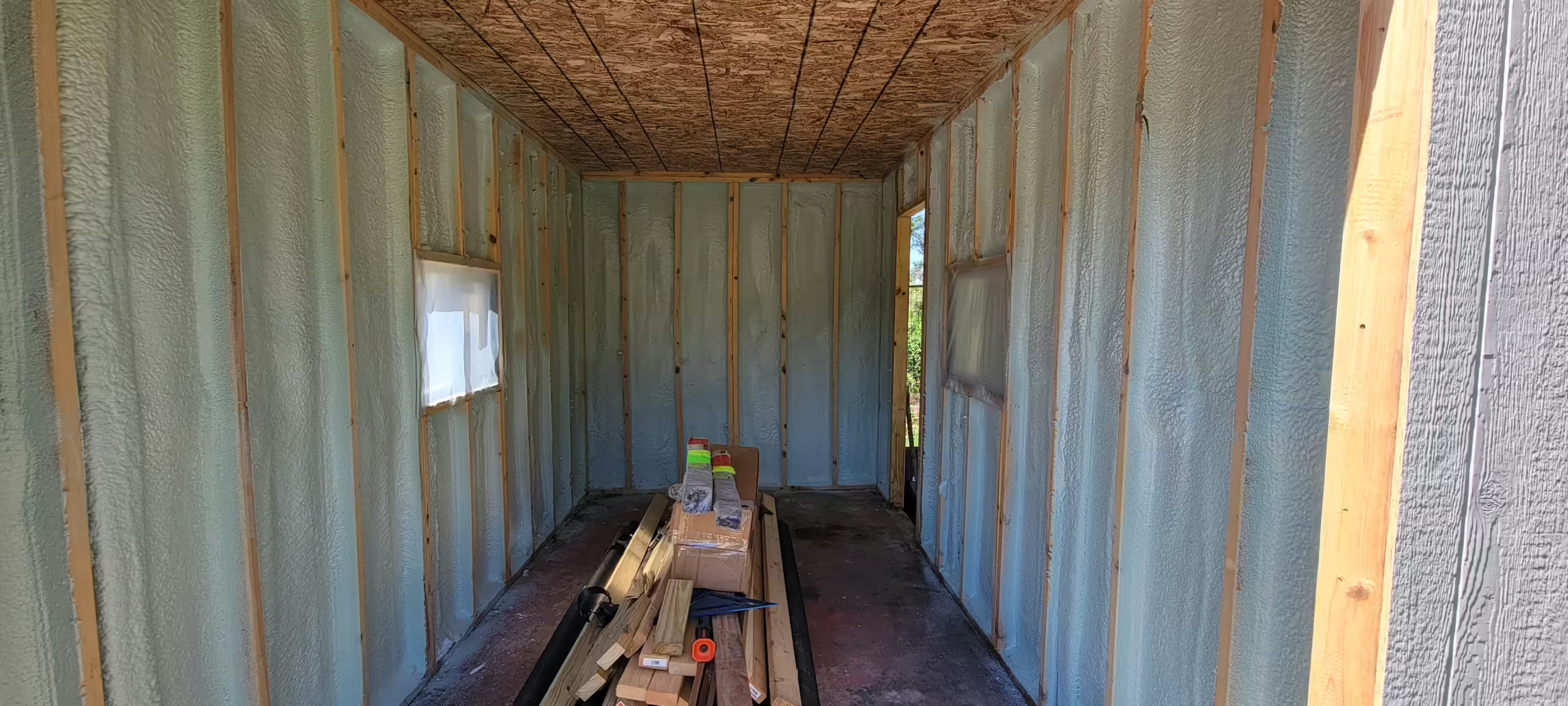 Shed Insulation
Shed Insulation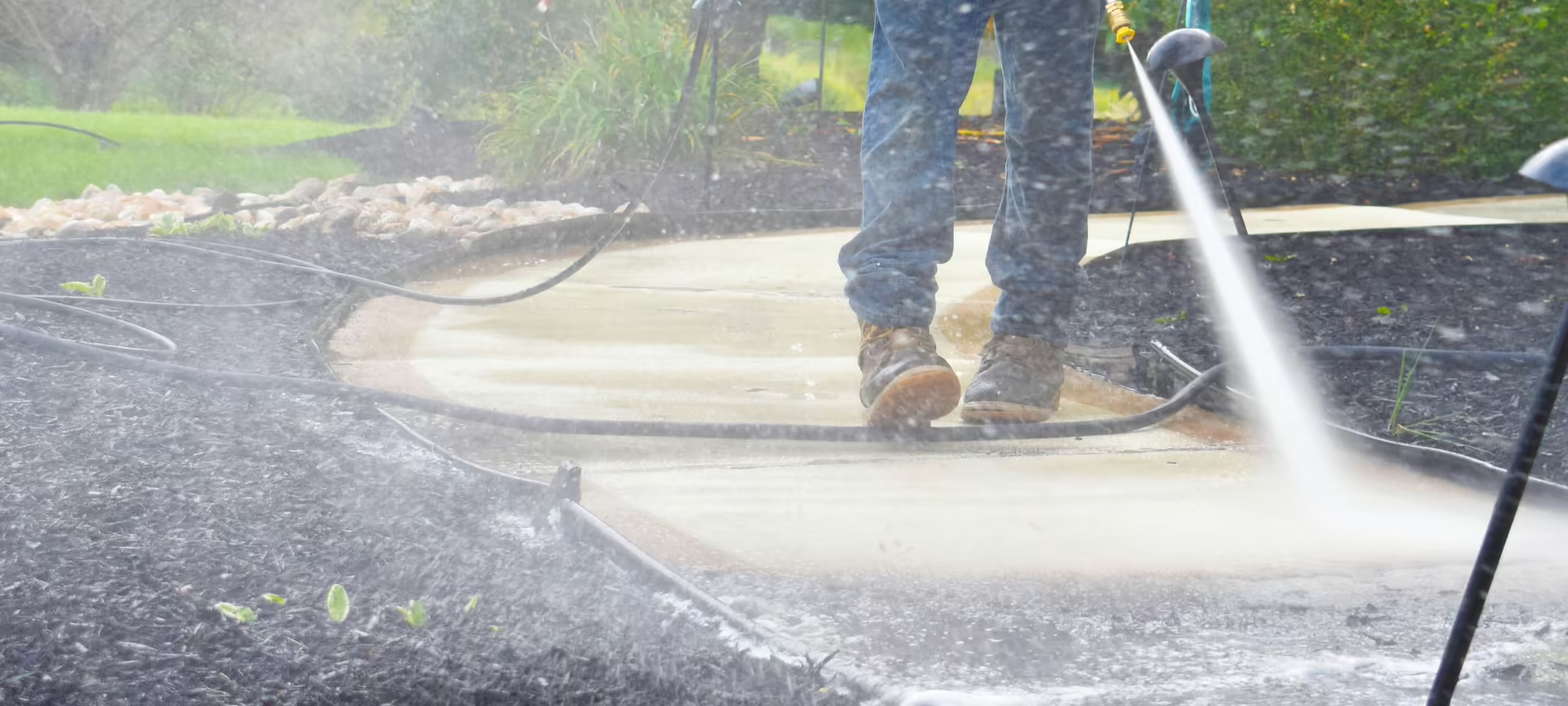 Power Washing
Power Washing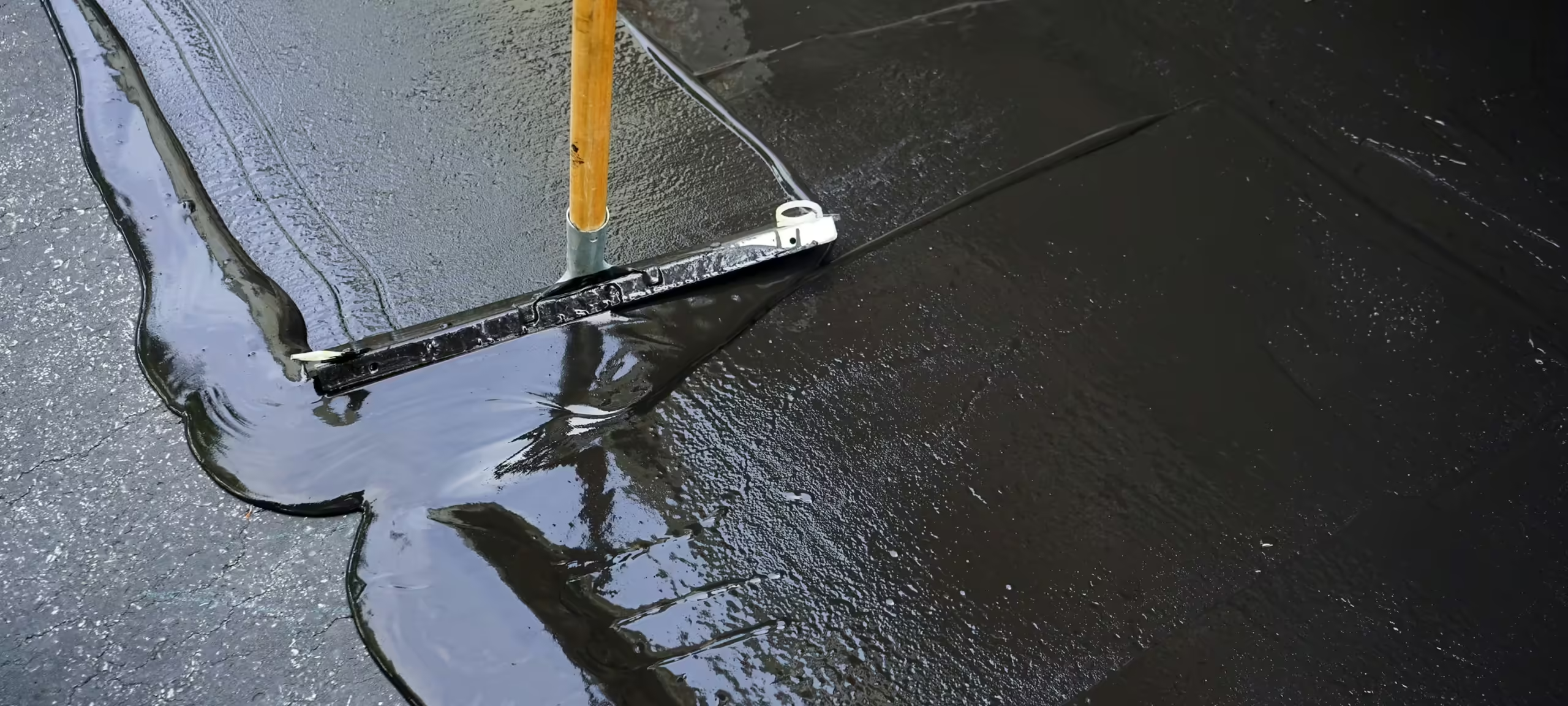 Sealcoating
Sealcoating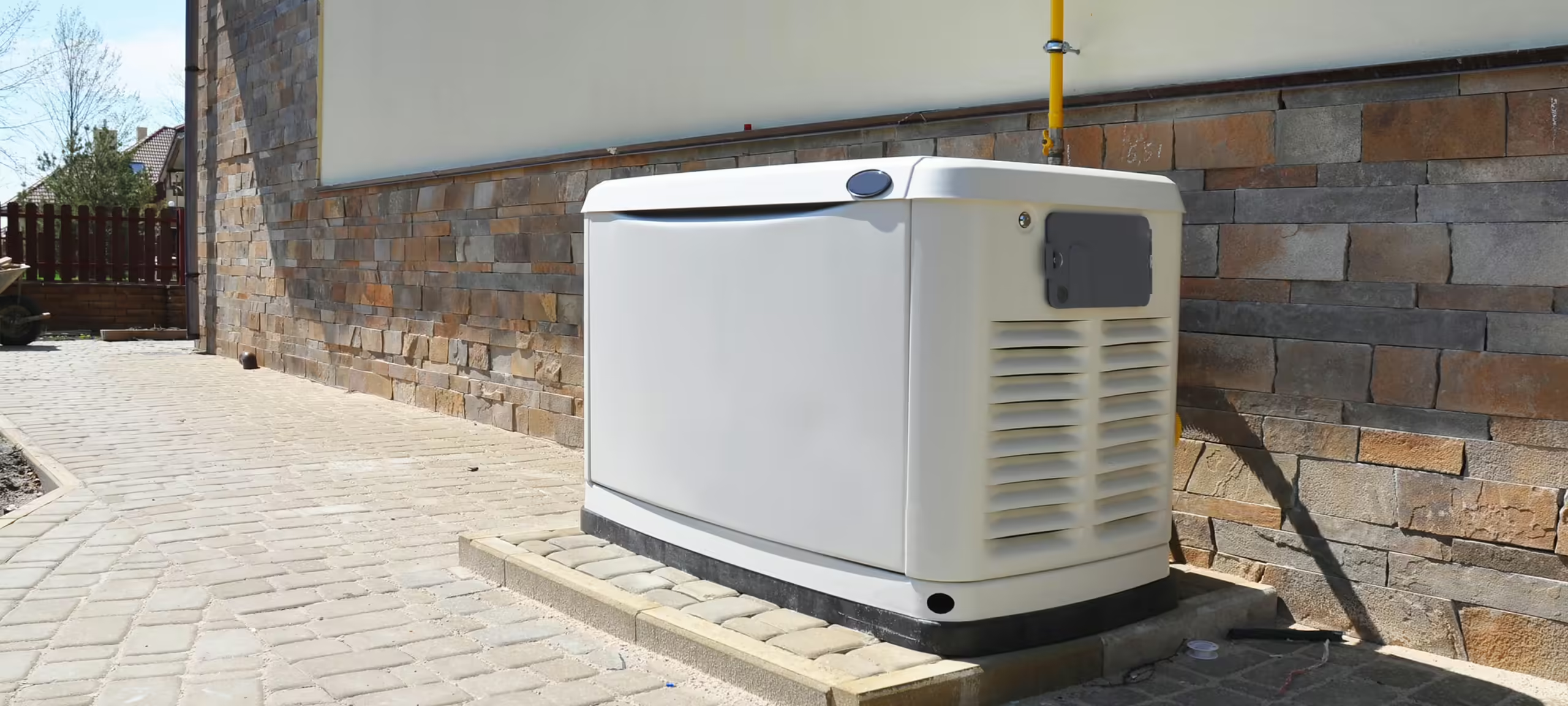 Backup Power Generators
Backup Power Generators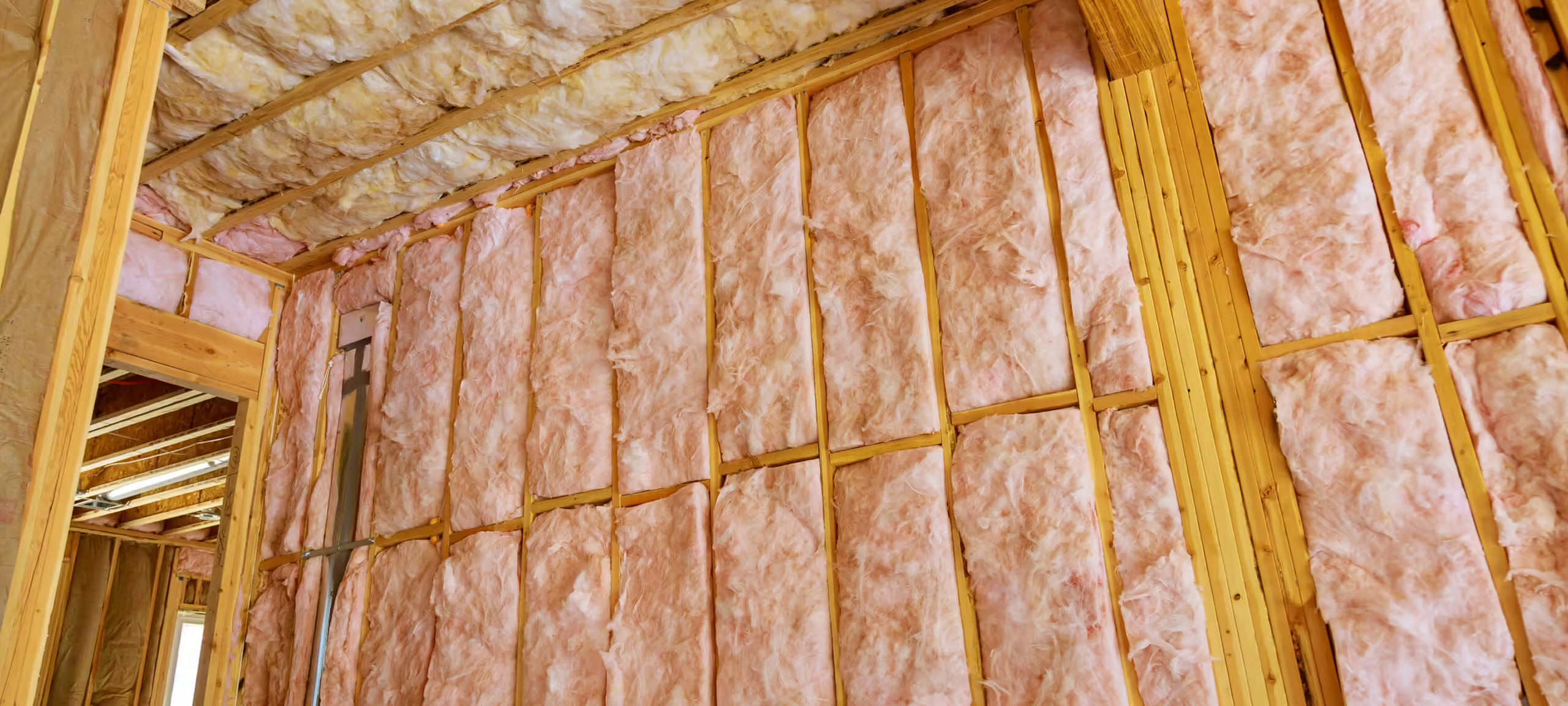 Insulation Removal Service
Insulation Removal Service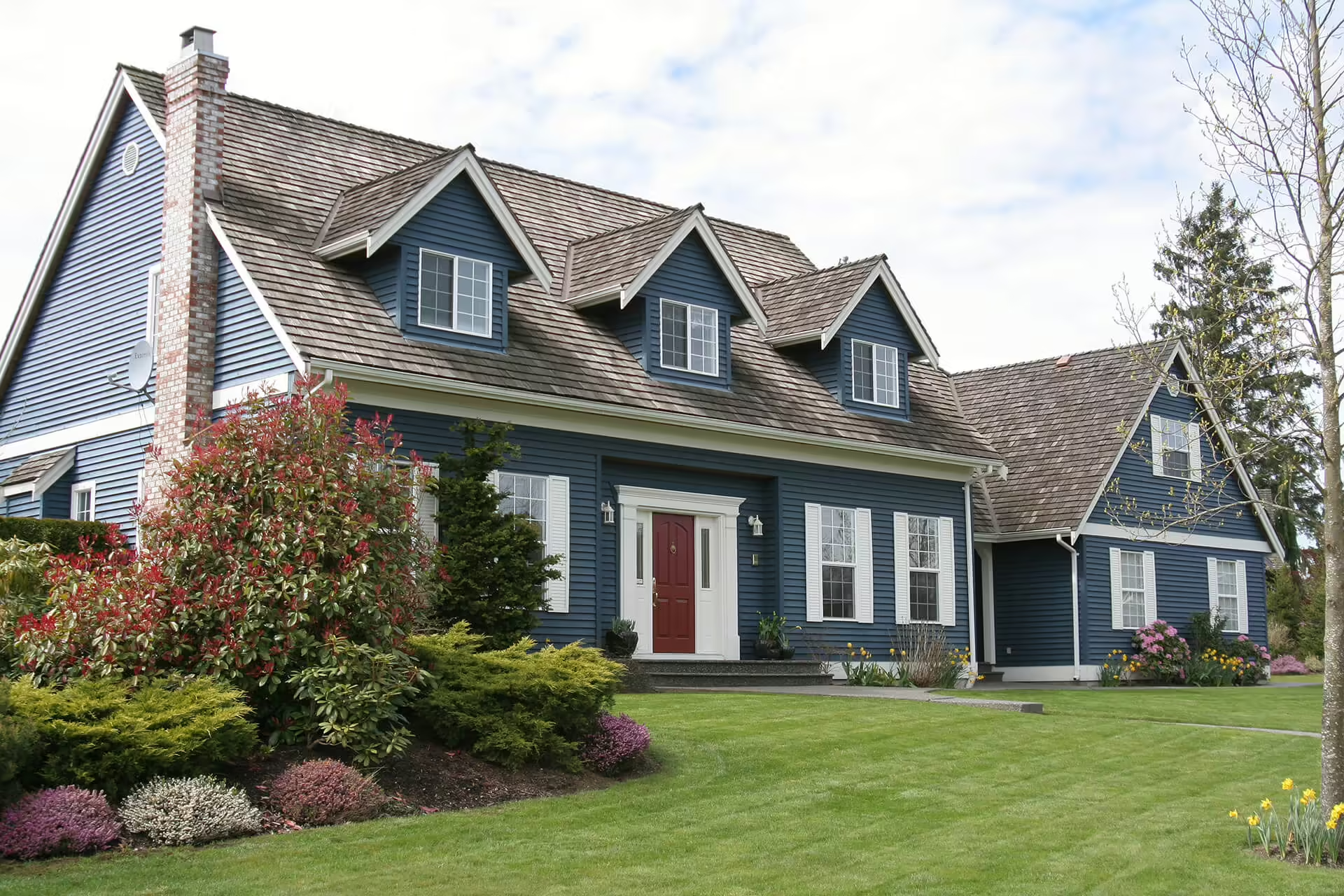 Lake County Insulation
Lake County Insulation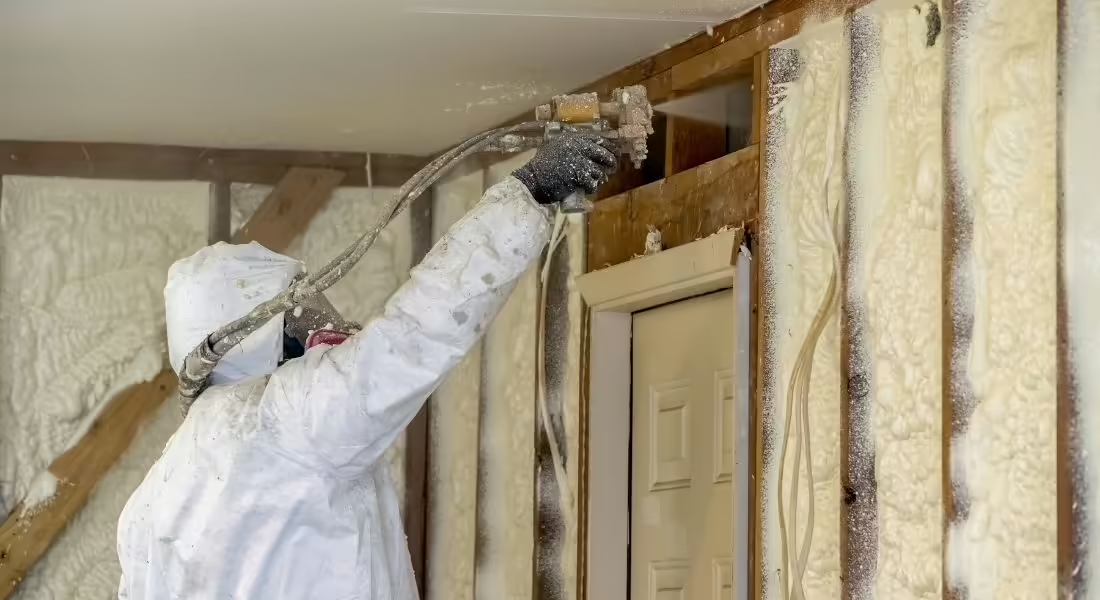 Spray Foam Insulation Guides
Spray Foam Insulation Guides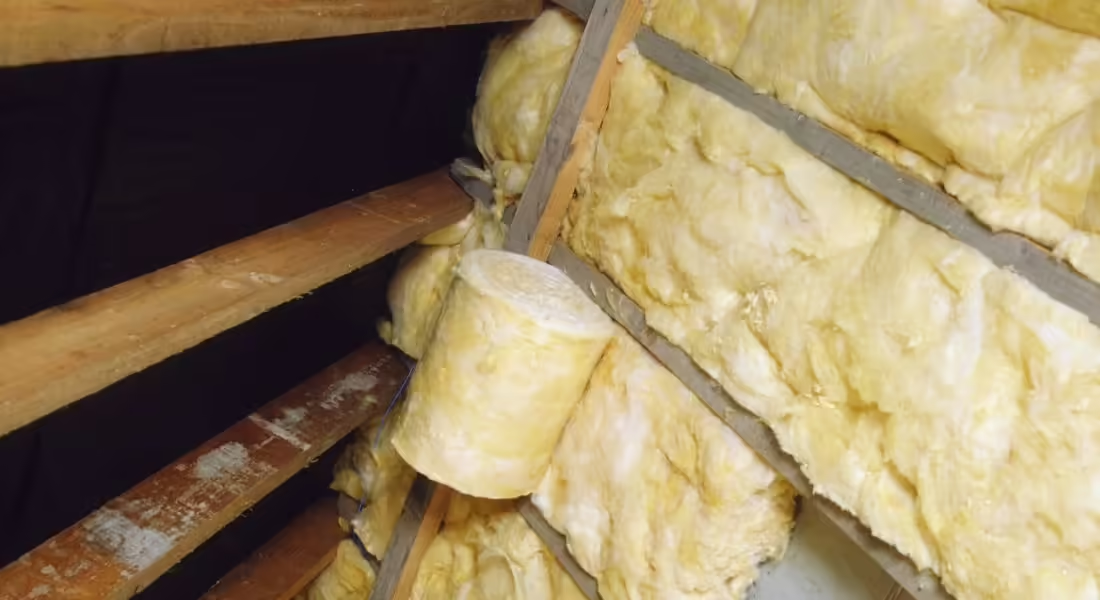 Insulation Guide
Insulation Guide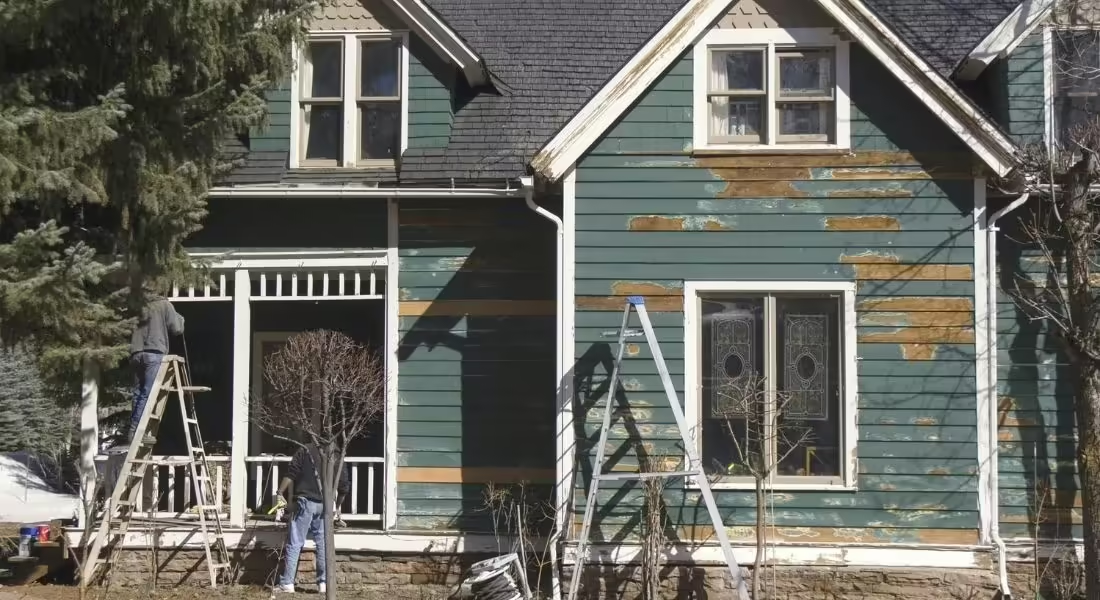 Home Improvement & Maintenance Guide
Home Improvement & Maintenance Guide